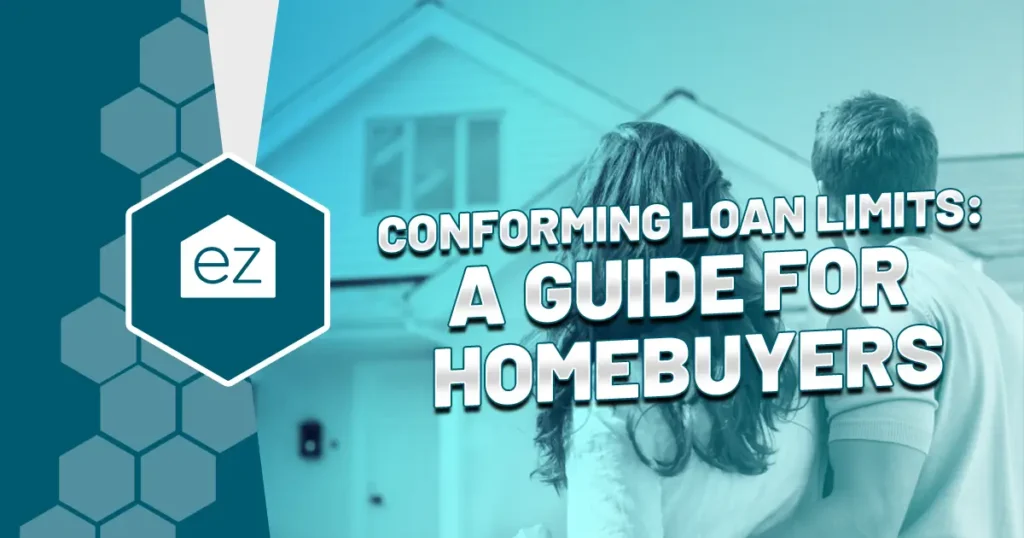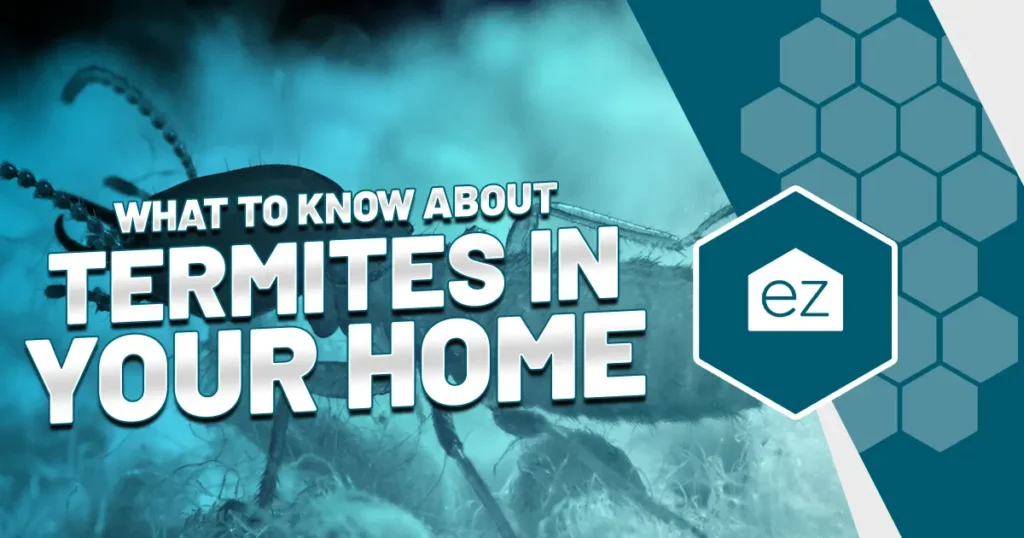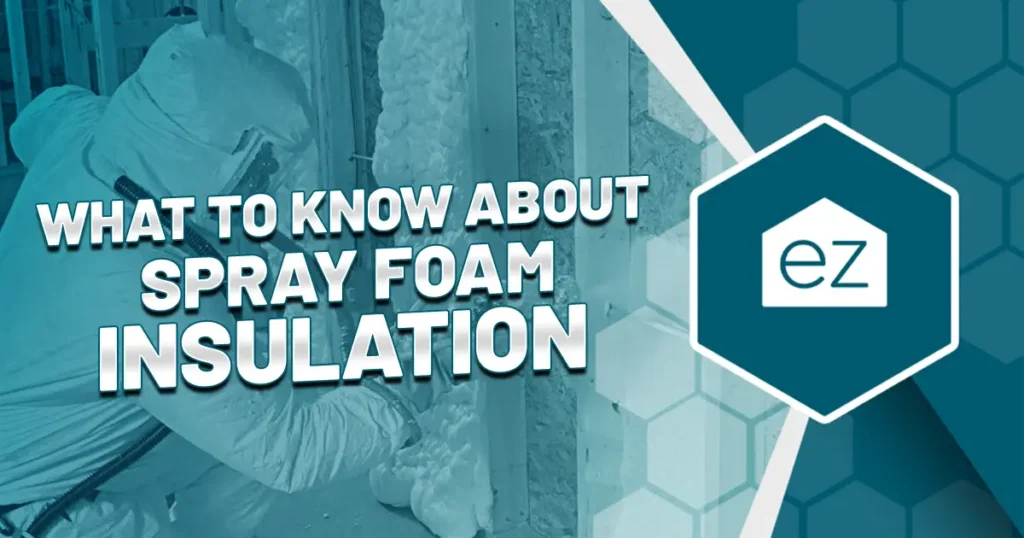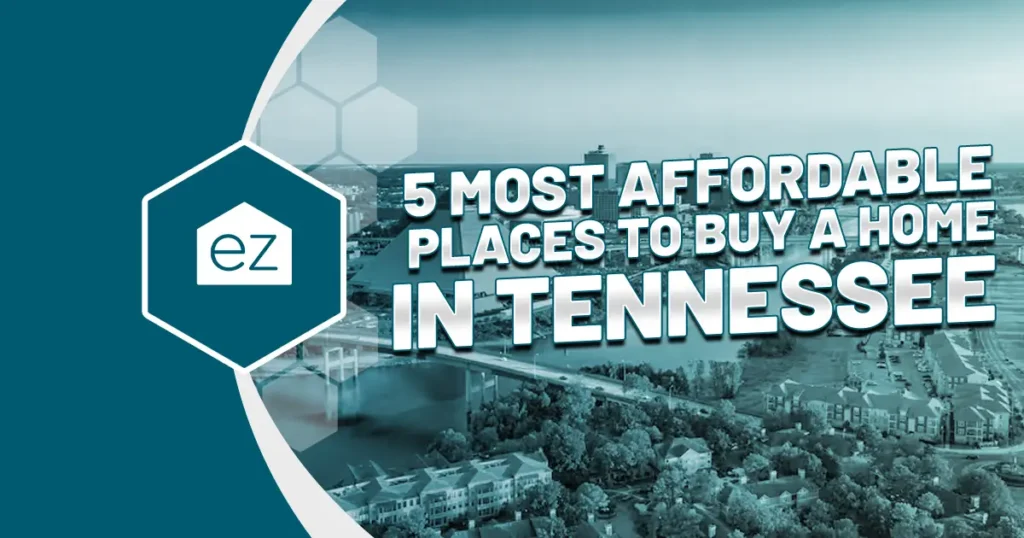Closing Costs Explained: What You Need to Know
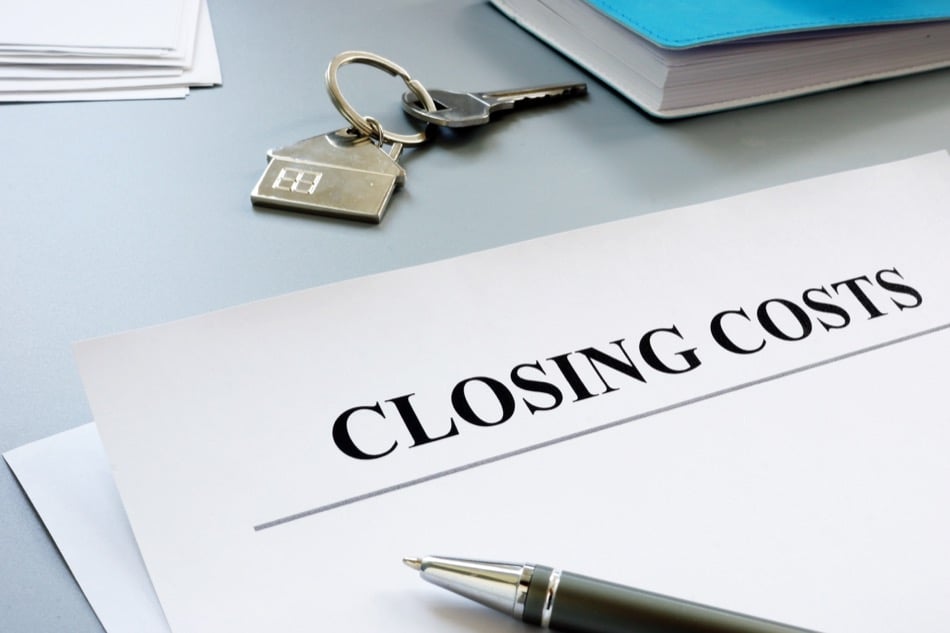 Closing costs are a necessary of every home sale, but first-time home buyers may not know what to expect or even realize how they add up in a home purchase. No home buyer wants to be caught off guard owing a few thousand dollars they didn’t anticipate during the final leg of their home-buying journey. Be prepared when you sit down to sign. Here is everything a home buyer needs to know about closing costs and how they affect them.
Closing costs are a necessary of every home sale, but first-time home buyers may not know what to expect or even realize how they add up in a home purchase. No home buyer wants to be caught off guard owing a few thousand dollars they didn’t anticipate during the final leg of their home-buying journey. Be prepared when you sit down to sign. Here is everything a home buyer needs to know about closing costs and how they affect them.
For informational purposes only. Always consult with a licensed real estate professional before proceeding with any real estate transaction.
What Are Closing Costs?
“Closing cost” refers to all the extra fees that need to be paid for before a home can officially be transferred from seller to buyer. Closing costs are in addition to other fees that need to be paid such as the down payment.
The number of closing costs that someone will need to pay varies from sale to sale. Some homes may have more closing costs for various reasons, including the home’s location, the local laws and regulations, and even the home’s condition.
Who Pays Closing Costs?
The responsibility of paying for closing costs will fall to the home buyer in almost every situation. That’s why some mortgage lenders provide a closing costs estimate for the buyer early in the purchase process–so they’re not surprised by all the fees.
However, there can be cases where the seller pays for some or all of the closing costs. This is uncommon, and buyers shouldn’t count on convincing a seller to pay for the closing costs. The seller already has other additional costs they need to pay for, such as the agent fees for both their own agent and the buyer’s agent. When sellers do contribute to closing costs, it’s more likely to happen in a buyer’s market. This needs to be agreed upon by both the buyer and seller. While it is possible,
How Are Closing Costs Calculated?
The actual cost of closing costs will vary from home to home. The general rule for estimating closing costs is that they cost approximately 2-5% of the home’s total selling price. For example, for a home that sells for $200,000, the buyer can anticipate anywhere from $4,000-$10,000 in closing cost fees.
There are currently two ways to buy a home without having to pay for closing costs. The first is by being a member of any branch of the US military and using a Veterans Affairs (VA) loan. The second way is by using a Federal Housing Administration (FHA) loan, which is open to any United States citizen who qualifies.
Closing Cost Examples
Because “closing costs” is an umbrella term, home buyers need to know the different fees wrapped into the closing costs. This way, you know what the money is paying for and you can be on the lookout for junk fees.
- Real estate transfer tax: This fee is applied when transferring a property title from the seller to the buyer. It varies across jurisdictions.
- Appraisal fee: If the buyer is using a mortgage to buy the loan, their lender will require a home appraisal to ensure it’s worth the money being lent. This fee covers a professional appraisal.
- Private Mortgage Insurance (PMI): If the buyer’s down payment is less than 20%, they will need to pay the first month’s fee up front. PMI recurs as an extra fee with each mortgage payment.
- VA funding fee: For buyers using a VA loan, the VA funding fee is what they will pay instead of closing costs. This ensures that the VA office is able to keep running the program.
- Title insurance: Depending on your terms, you may need to buy for lender’s title insurance or buyer’s title insurance–or both.
- Homeowner’s insurance: Some loan programs require you to pay homeowner’s insurance upfront to ensure their investment is protected.
- Closing fee: This is the fee levied by the escrow company or attorney for their work in coordinating your closing and arranging the paperwork.
- Property tax: Some jurisdictions have you pay property taxes up front at closing.
Average closing costs
This is a sampling of what may be included in your transactions. Your closing costs to sell a home really to vary based on where you live, your purchase amount, and the transaction. For example, see the variation in the 2020 average closing costs including the transfer tax for these states:
- Florida: $8,554
- Georgia: $3,762
- North Carolina: $3,406
- South Carolina: $3,447
- Tennessee: $3,911
Buying a new home is an exciting time. Being familiar with things like closing costs ahead of time helps then buyer be fully prepared. The last thing home buyers need is an anticipated bill adding thousands to their home purchase budget.
For informational purposes only. Always consult with a licensed real estate professional before proceeding with any real estate transaction.
Updated October 2023
Start Your Home Search
Preston Guyton
Share this Post
Related Articles
Buying a Home
Conforming Loan Limits: A Guide for Homebuyers
Buying a Home
What to Know About Termites In Your Home
Buying a Home
What to Know About Spray Foam Insulation
Buying a Home
